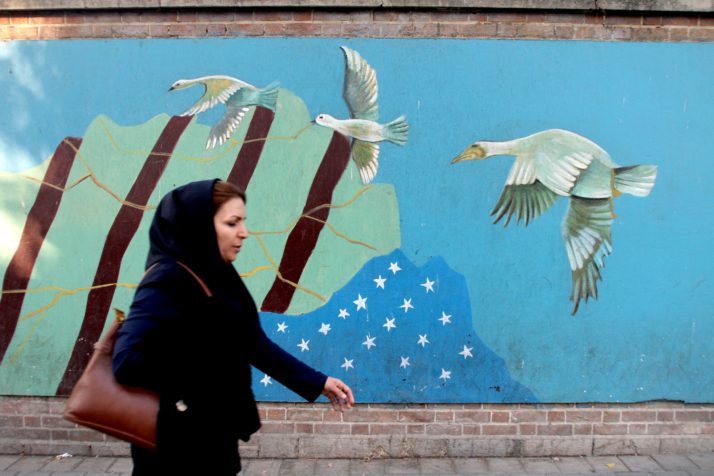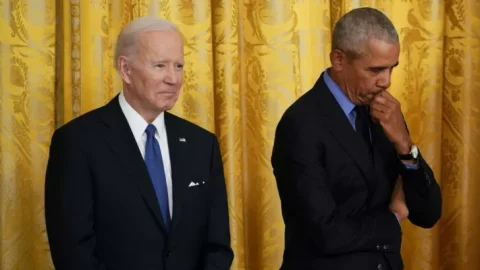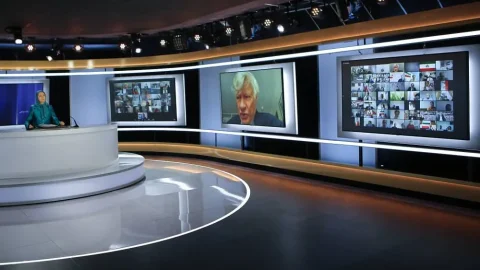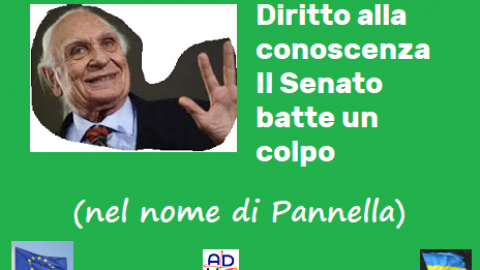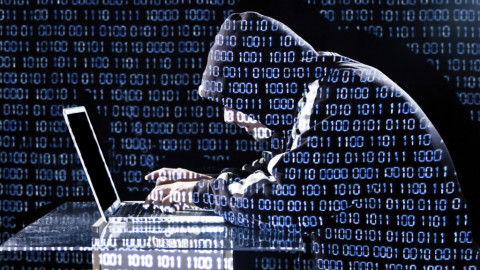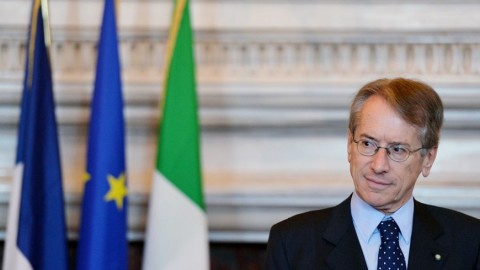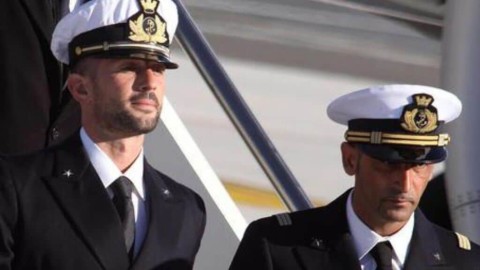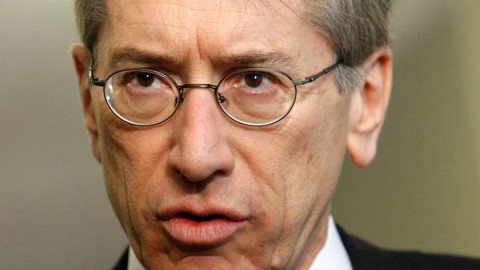Europe must end its silence on Tehran’s crimes at home and abroad
Di Giulio Maria Terzi
fonte: politico.eu
One of the major questions for policymakers following Donald Trump’s election as U.S. president is what to do about Iran? This is a puzzle not just in Washington but in Europe, too.
Since the conclusion of nuclear negotiations with the Islamic Republic, European countries have signed hundreds of memoranda of understanding and declarations of intent, and have engaged in negotiations for contracts in practically every field of economic activity: banking, finance, oil and gas, transportation, infrastructure, engineering, even dual-use technologies that could see both civilian and military applications.
Italy has led the way. Following former Prime Minister Matteo Renzi’s example,government ministers have announced dozens of initiatives and programs with their Iranian counterparts. These initiatives involve not only trade but also defense. The Italian Navy, for example, has carried out joint anti-piracy exercises with Iran.
The nuclear deal has represented the best opportunity for all those who have vested interests in Iran’s supposedly lucrative market to promote a misleading depiction of the country’s ruling regime. According to this deeply flawed narrative — seemingly taken for granted by most European institutions and member states — President Hassan Rouhani’s Iran has suddenly stopped being a major threat to international and regional stability. The truth could not be more different.
Major sectors of the Iranian economy are dominated by the Islamic Revolutionary Guards Corps, an internationally recognized terrorist organization — as was pointed out at a recent conference on Iran held at the Italian Senate and sponsored by United Against Nuclear Iran. It is difficult to do business in the country without enriching the armed group and its front companies and helping to support its activities, which include kidnapping, politically motivated arrests, terrorism, cyber espionage and cyber terrorism. Iran’s Western partners risk having blood on their hands.

Former Italian Prime Minister Matteo Renzi (right) and Iranian President Hassan Rouhani. Following Renzi’s example, government ministers have announced dozens of initiatives with their Iranian counterparts | Tiziana Fabi/AFP via Getty Images
Similarly, the United Nations Secretary-General has repeatedly expressed concerns about Iran’s abysmal human rights record. At least 2,691 people have reportedly been executed since Rouhani was elected, more than in any similar period in the last two decades. The regime also continues to execute minors and carry out torture and inhuman or degrading punishments.
Iranian officials who should be indicted for crimes against humanity are instead attending meetings with European governments. The Continent’s leaders seem to also be ignoring Tehran’s repeated, explicit threats against the State of Israel, its support of international terrorism and Islamic extremism, and its involvement in crimes against humanity in Syria.
In Iran, Europe’s silence is taken as encouragement; it has emboldened the mullahs to persist with abuses, even in the face of rising dissent and anger among the Iranian people, particularly the youth. Challenges to the regime’s aggression abroad and violence against its own citizens cannot be expected to come from anywhere within the regime itself. They will only come if brave Iranian activists and the international community work together to put pressure toward progress.
If the EU is to honor the basic principles upon which it was founded, it must take a much different course in its dealings with Iran.
As the Iranian opposition leader Maryam Rajavi recently said, “The worst mistake committed by the United States in the region was its appeasement of the mullahs ruling Iran. Now, the region can move towards peace and tranquility to the extent that the U.S. distances itself from this disastrous policy. Likewise, the European Union may have a positive impact on the situation in Iran and the Middle East to the extent that it makes its political and commercial ties with Tehran contingent on an end to executions.”
Such a policy would be in keeping with the Lisbon Treaty, which states, “In its relations with the wider world, the [European] Union…shall contribute to peace, security, the sustainable development of the Earth, solidarity and mutual respect among peoples, free and fair trade, eradication of poverty and the protection of human rights, in particular the rights of the child, as well as to the strict observance and the development of international law, including respect for the principles of the United Nations Charter.”
If the EU is to honor the basic principles upon which it was founded, it must take a much different course in its dealings with Iran. The international community as a whole must end its silence and inaction over the crimes that the Iranian regime is committing both at home and abroad. And more than that, Europe must recognize and support the Iranian people’s struggle for freedom from their oppressive regime.
In so doing, it can play a key role in shaping global policies toward Iran that will improve the lives of its people and the stability of both the Middle East and the world.
Giulio Terzi is a former Italian foreign minister and a member of the advisory board of United Against Nuclear Iran.
 wikipedia
wikipedia